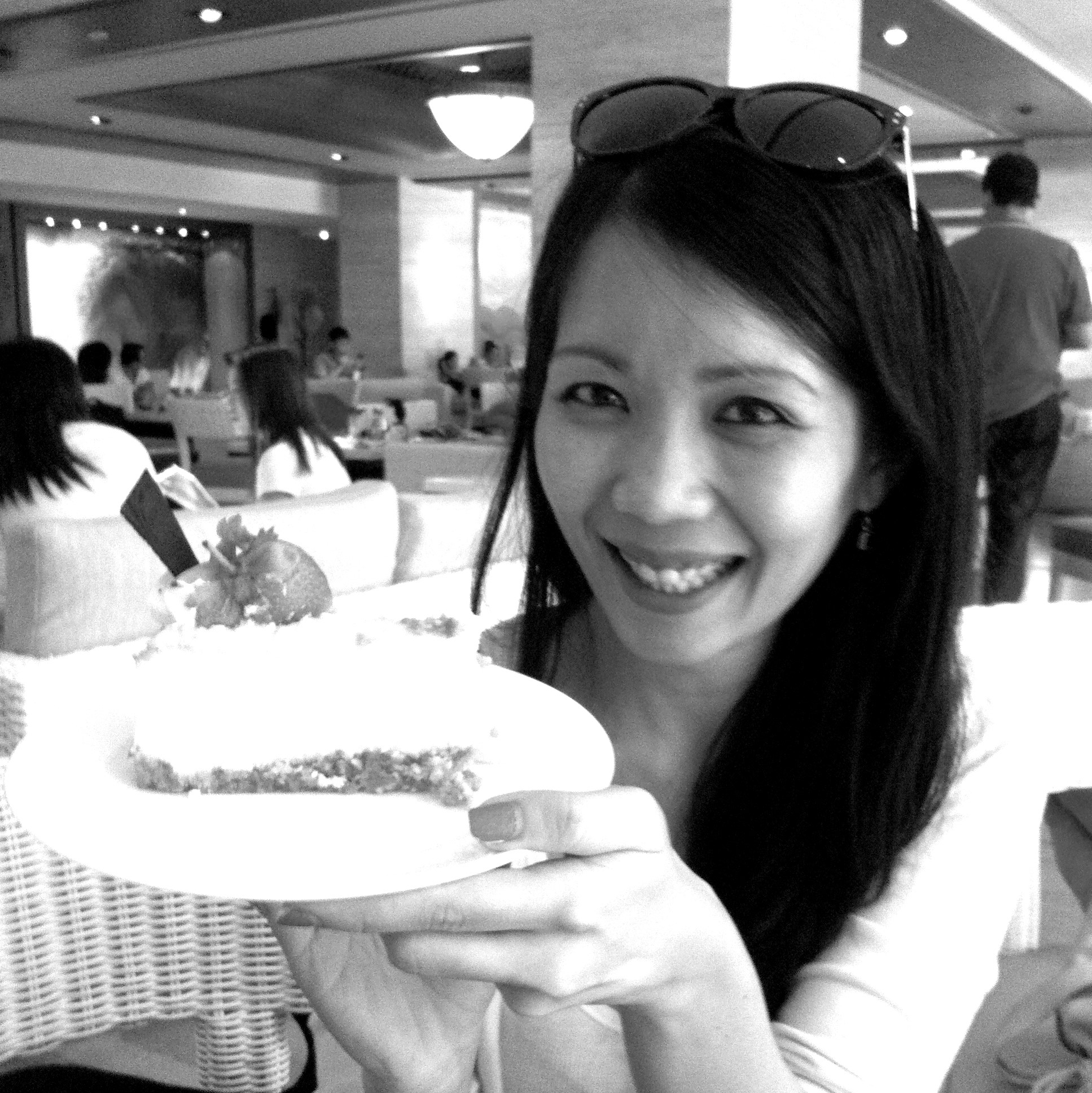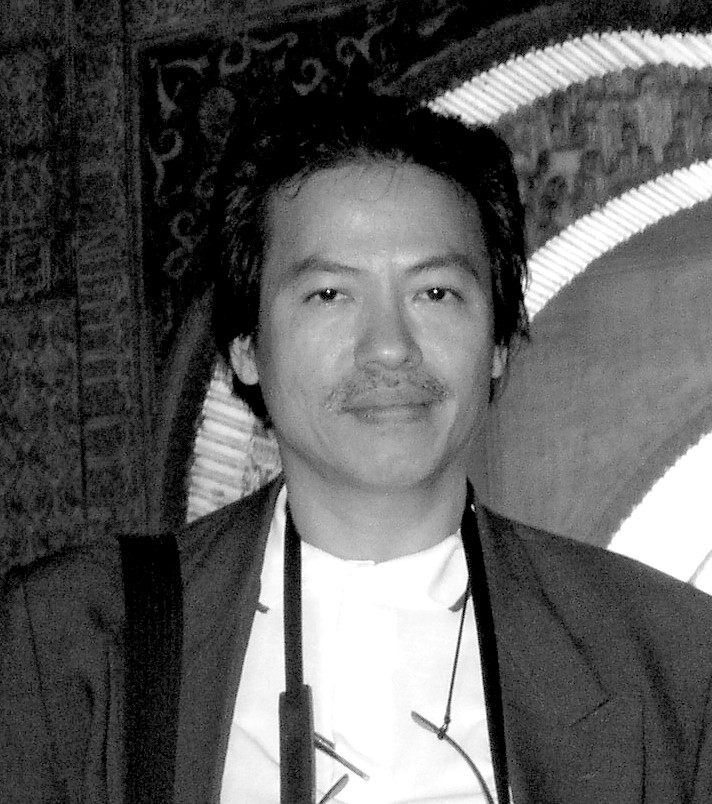- Home
- October 2018
- Women Advance in the World of STEM

Previous Post
Germany’s Links to Penang are Old and Esteemed
4 min read
Two centuries ago, attracted by its bustling free port, scores of German merchants sought new ventures in Penang.Their presence was further fortified when the...
Next Post
Science-ing Their Way to Victory
4 min read
In an effort to spark curiosity and interest among the young in Science, Technology, Engineering and Mathematics (STEM) subjects, Penang STEM and the six centre...
You might also like
Staying Alive in the LGBT World
6 min read
Mika“I’m a female, but I dress like a male. I do not conform to the typical gender binarism, and that’s why I’ve struggled with findin...
Are We Happy with Our Buses or Are We Not?
17 min read
Public transportation in Penang dates back to the 1880s, when the first steam-powered tram, measuring 12.5km, ran from Weld Quay jetty to Air Itam Road, with...
Murder on Display...Lest We Forget
6 min read
The 110 painted portraits in acrylic and charcoal on canvas in mock aged-photography sepia-tones at Wei-Ling Gallery are poignant reminders of the 1965 Indonesi...




